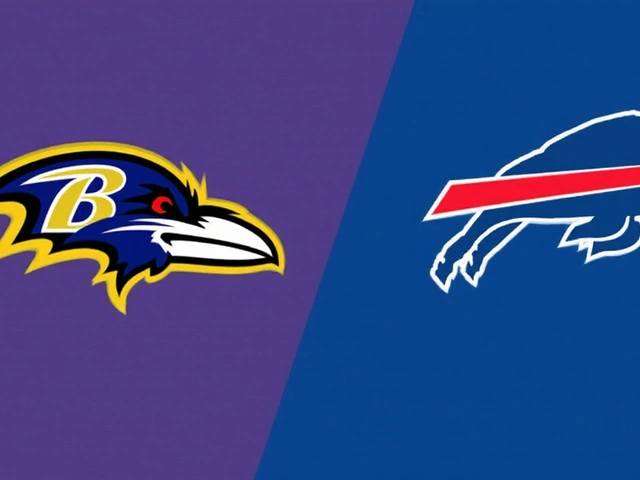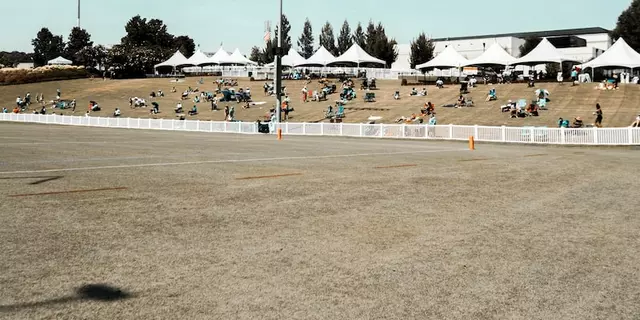Social Benefits of School Sports
When we talk about social benefits, the positive effects that activities have on people’s relationships, health, and sense of belonging. Also known as social advantages, these outcomes shape how students interact and thrive in a school setting, a few key ideas keep popping up. Teamwork, the ability to work smoothly with others toward a shared goal is one of them, because every match or practice forces kids to rely on each other. Mental health, emotional well‑being and stress resilience improves when students experience the rush of a game and learn to handle wins and losses. Finally, Community engagement, active participation in local groups and events grows as schools host tournaments and families cheer from the stands. In short, social benefits encompass community engagement, require teamwork, and influence mental health, creating a cycle that keeps young people connected and motivated.
Why does this matter for a typical Nottingham school? First, teamwork on the field translates to collaboration in the classroom. When a student passes a ball to a teammate, they’re also learning to share ideas and trust peers during group projects. Second, mental health gets a real boost: the endorphin surge after a sprint or a good drill eases anxiety and builds confidence, which shows up in better attendance and focus. Third, community engagement becomes tangible when a local match draws parents, teachers, and neighbors together; those shared moments strengthen neighborhood bonds and give students a sense of pride in representing their school. The posts below illustrate these points: a derby analysis shows how rivalry fuels excitement, a health article warns about overexertion and heart risks, and a piece on sports economics highlights the financial ripple effect that community events create. Together they paint a picture of how school sports act as a hub where social benefits, physical fitness, and local culture intersect.
Below you’ll find a curated set of stories that dive deeper into each of these themes. Whether you’re looking for a thrilling match recap, tips on staying safe while training, or insights on how sports boost community spirit, the collection offers practical examples and real‑world data. Scroll down to explore how the social benefits of school sports play out across games, health advice, and broader community impacts, and see how each article adds a new layer to the bigger picture.





